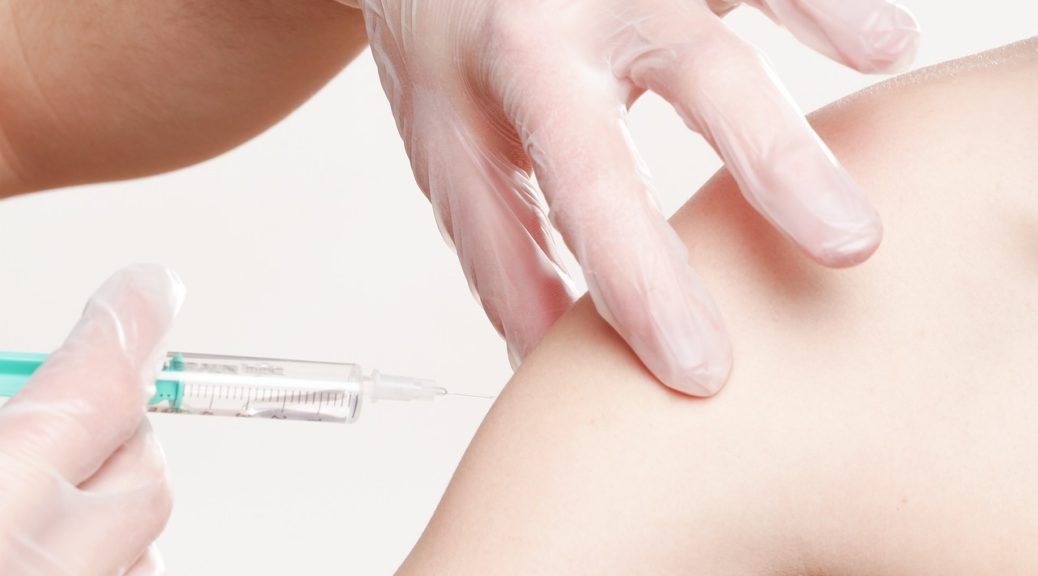
INSIGHTS ON HPV VACCINATION FROM MOTHERS’ COMMENTS ON FACEBOOK POSTS IN A RANDOMIZED TRIAL
HPV vaccine uptake among adolescent girls in the United States remains below the national goal of 80%. Parent decisions to vaccinate daughters can be impeded by confusion, uncertainty, and misinformation about the Human Papilloma Virus (HPV) vaccine. Dr. David Buller from Klein Buendel (KB) presented an analysis of mothers’ beliefs about vaccinating their adolescent daughters for HPV at the Eurogin International Multidisciplinary HPV Congress in Lisbon, Portugal, December 2-5, 2018.
Mothers with adolescent daughters from 34 states (n=880) were recruited to participate in a randomized controlled trial evaluating a social media campaign on adolescent health. The mothers’ beliefs were expressed in comments to posts on HPV vaccination in a social media campaign on adolescent health. Participants were recruited through Qualtrics survey panels or local efforts at the Tennessee study site. Eligibility criteria were: having a daughter aged 14-17, living in one of 34 states without a complete ban on indoor tanning for minors, using a Facebook account 1+ times a week, being able to read English, consenting to participate, completing the baseline survey, and willing to join the Facebook group. The campaign, implemented through Facebook private groups, included posts on HPV vaccination, as one of seven general health topics. The experimental manipulation varied posts on indoor tanning versus prescription drug abuse prevention. Posts on HPV vaccination and reactions and comments from mothers were extracted.
Mothers had a mean age of 43.1 years; 6.5% were Hispanic and 86.6% white; and 63.1% reported that their daughter had been vaccinated for HPV (17.8% receiving two shots and 31.5% three shots). HPV vaccination posts received on average 1.3 reactions and 3.3 comments from mothers. Comments often formed a dialogue among mothers. More than half of the comments (52.8%) were favorable, indicating that the daughter had been vaccinated and HPV vaccination reduced mothers’ anxiety, HPV infection rates, and related disease risk. However, 45.3% were unfavorable, citing safety concerns, lack of efficacy, unknown long-term consequences, inappropriate age for the vaccine, apprehension by other mothers, fears of vaccine tampering, lack of physician support, and sexual activity issues (for example, plans to wait until daughter becomes sexually active or using vaccine to guard against unprotected sex). Some commented, mostly favorably, on the need to vaccinate boys.
Facebook comments indicated both support for and resistance to HPV vaccination by mothers in the United States. Reasons for not vaccinating girls were similar to barriers expressed in other research and reflected negative media coverage of HPV vaccination. Effective strategies are needed in social media to counter misinformation on and resistance to HPV vaccines.
This research was funded by a grant from the National Cancer Institute (CA192652; Dr. David Buller, Principal Investigator). Collaborators include Dr.Barbara Walkosz and Julia Berteletti from KB; Dr. Sherry Pagoto and Jessica Oleski from the University of Connecticut, and Dr. Katie Baker from East Tennessee State University.
Eurogin is one of the most important conferences in the world on HPV infection and related cancers. The international gathering examines public health, health services, screening, and prevention of HPV-induced cancers.